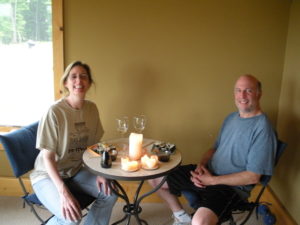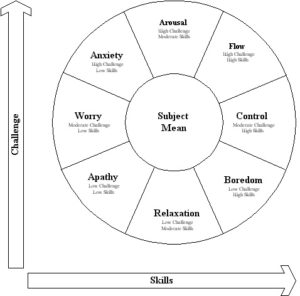Do you dare disturb the universe?
This question is what holds many of us back from writing, or from writing the things that we really want to. Because our lives are ordered and comfortable and to become creative just might mess all that up.
But…
I’ve met so many people who want to write, who talk with tremendous passion about wanting to pour their hearts on the page, but they can’t…. quite… bring themselves to start. Or to scribble for more than a few days. Or to stop allowing unimportant things to sabotage their dream.

If you fit into that category, let me share a phrase occasionally heard in my house. It is used by my husband and me when trying to point out (with great love and tenderness) that the other partner needs to loosen up a bit and have some fun, or try something new, or get out of a rut.
The phrase? “You’re going to die.”
It’s inevitable; the one fact you can know for certain about your life. You will die. Sorry – you have no control over this.
You have total control, however, about the pursuit of your writing dream. If you don’t write, you will one day die. If you write, you’re still going to die, but you will have disturbed the universe in the best possible way. You will have explored your heart more fully. You will leave behind your stories. The ripples of your creativity will touch countless lives and butterflies will sing your praises.
OK, maybe not that last bit. But the rest is as true as you care to make it.
Ready….
“Giving characters free will, instead of outlining them in detail before the writing begins, allows a story to flow naturally and allows the characters to become more real and more interesting than they could be if they had to act within a rigid profile created in advance of the actual writing….” Dean Koontz
Set…. Don’t turn off the Internet until you complete step one of the prompt below. Then turn it off. In fact, see if you can leave it off for the next 24 hours. I dare you.
Today’s prompt:
1. Pick a random name.
2. Write down the name and follow it with this “grabbed the car keys and closed the door quietly so no one would wake up.”
3. Next line write AND THEN
4. Next line write another action that your newly named character did. Don’t overthink this. Just move the story forward by one sentence that has action in it – no internal narrative, no dialog, no long-winded description.
5. Repeat Steps 3 & 4 until you have written 50 sentences of sequential action. The point is to exercise the pure storytelling muscle in your brain (hence the AND THEN) while allowing your imagination free rein.
Scribble…Scribble…Scribble!!!








